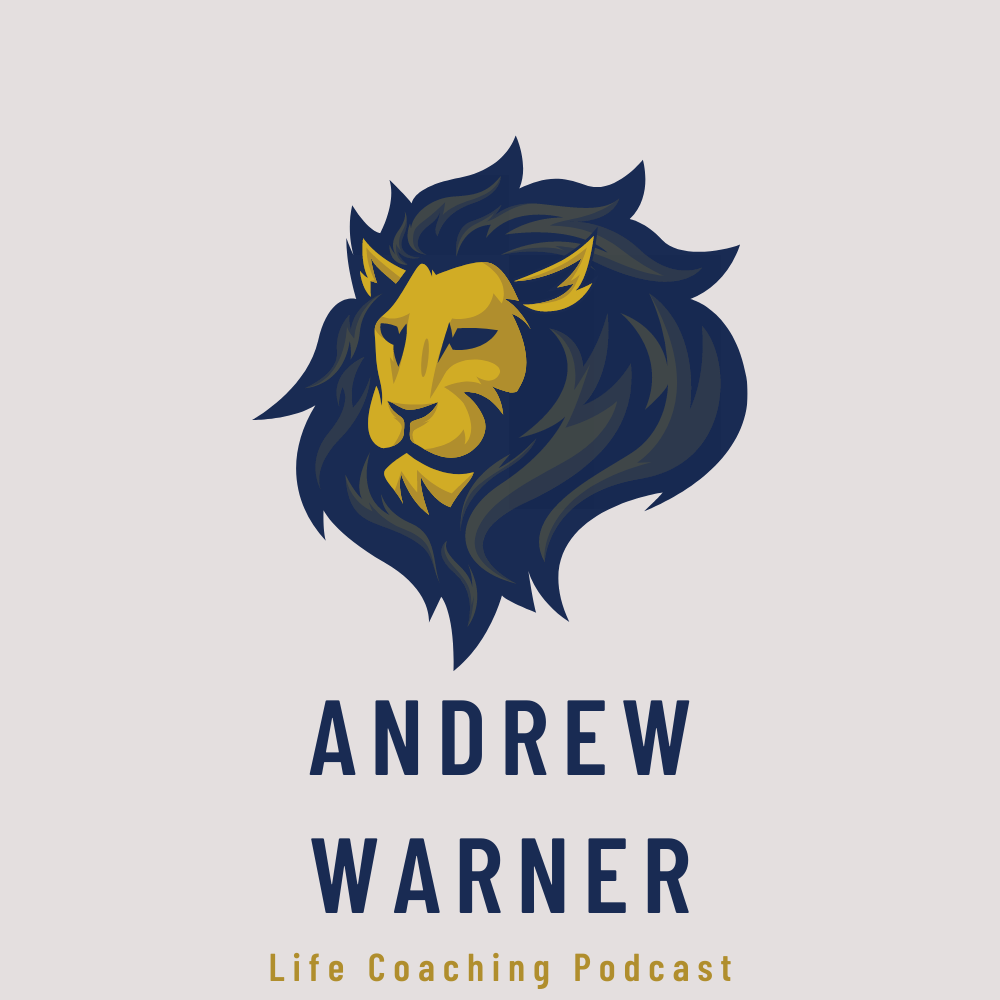|
For those that don’t watch sports, Adam Vinatieri is a 46 year old kicker in the NFL who is widely regarded as the greatest kicker to ever play the game. Much to my town of Indianapolis’ chagrin, the last two games he has missed a career worst number of kicks. Out of 8 kicks, most of them being routine kicks, he has only made 3. That would be bad for a struggling high school kicker, let alone the best to ever play the game. Most people think that Vinatieri hit some age wall where he suddenly can’t make a routine chip shot - as if his leg deteriorated to the point of being inaccurate from short distances overnight. As such, many think it’s time for him to retire. In reality, if you go grab Vinatieri when he is 60, I bet he’ll be able to kick 10 extra points in a row without the kind of problems he is having now. It’s not his age. It’s just a typical slump. Slumps happen to everyone, but when you are a baseball player or a kicker in the NFL, your slumps are obvious, measurable and compounding. The real question is - why do slumps happen and how on Earth do we make them stop? Unconscious vs Conscious brain |
Andrew WarnerYour life coach. The Andrew Warner Podcast:Archives
November 2021
Categories
All
|
CompanyLife coach based out of Indianapolis, IN but helping people everywhere.
|
|



 RSS Feed
RSS Feed